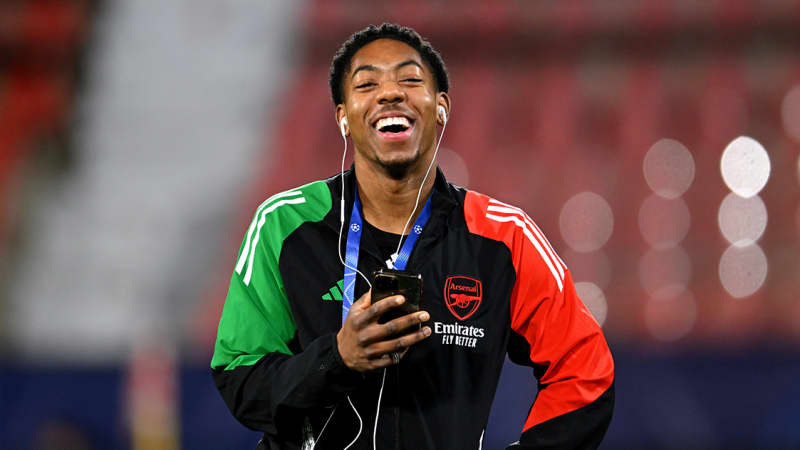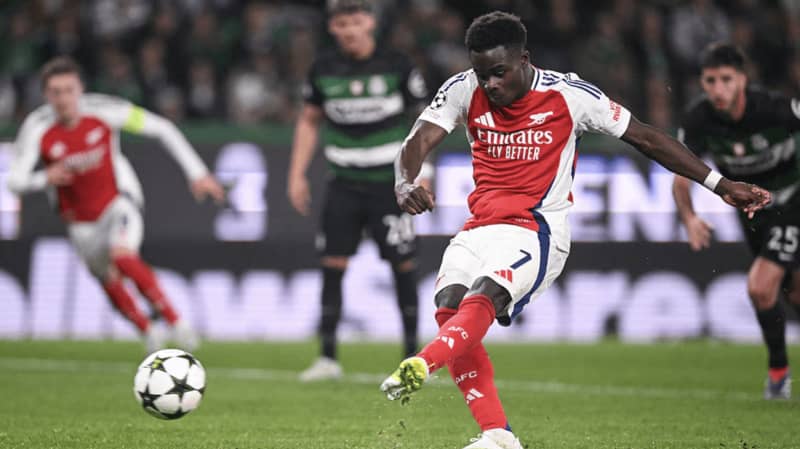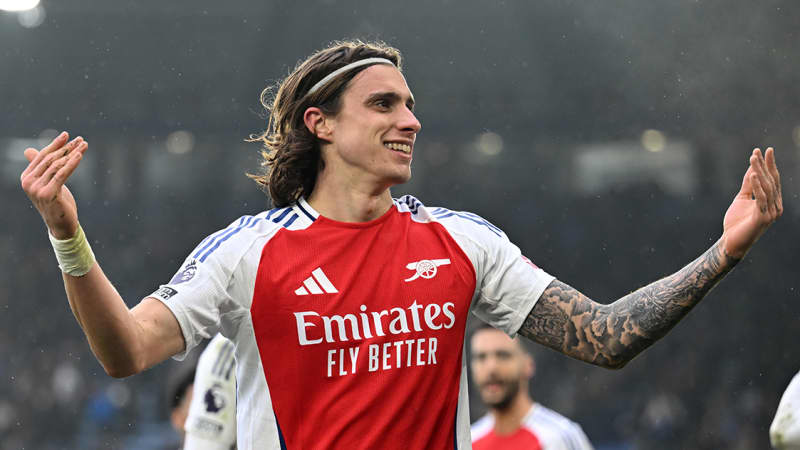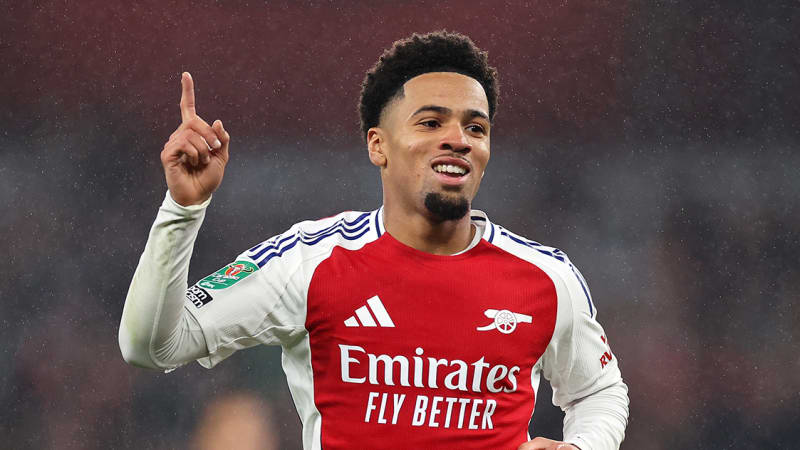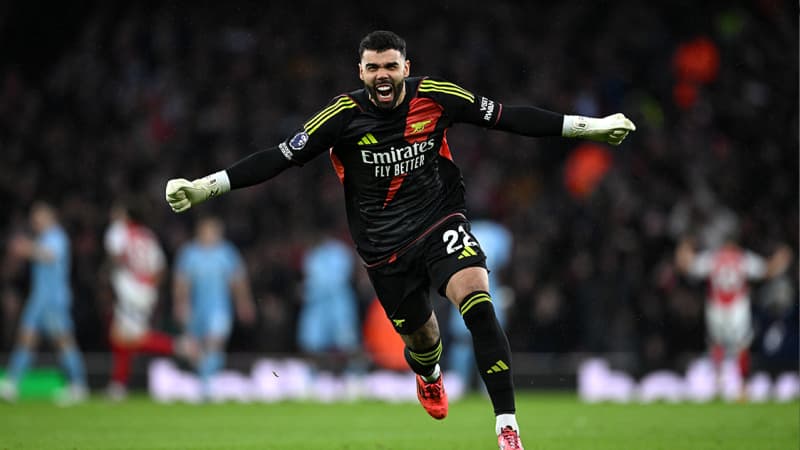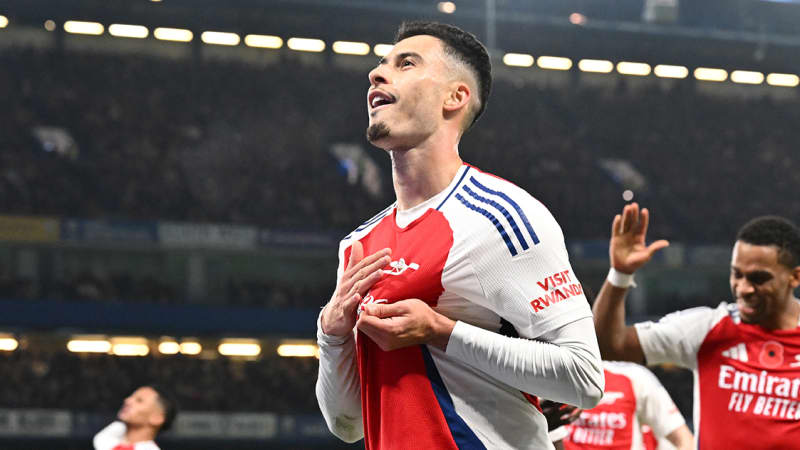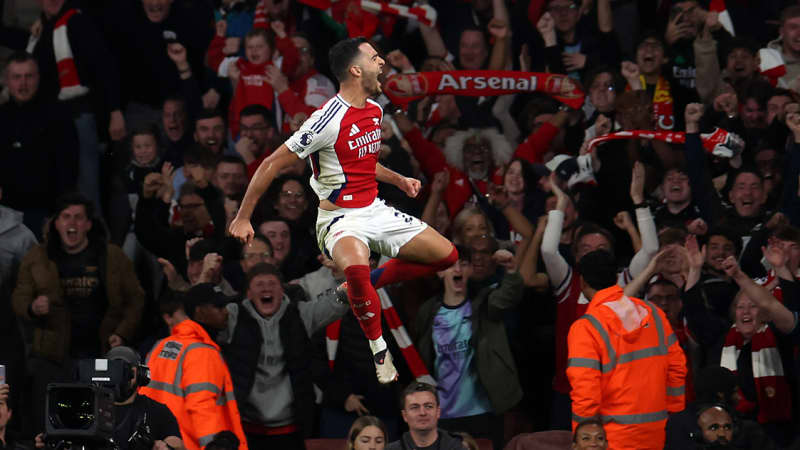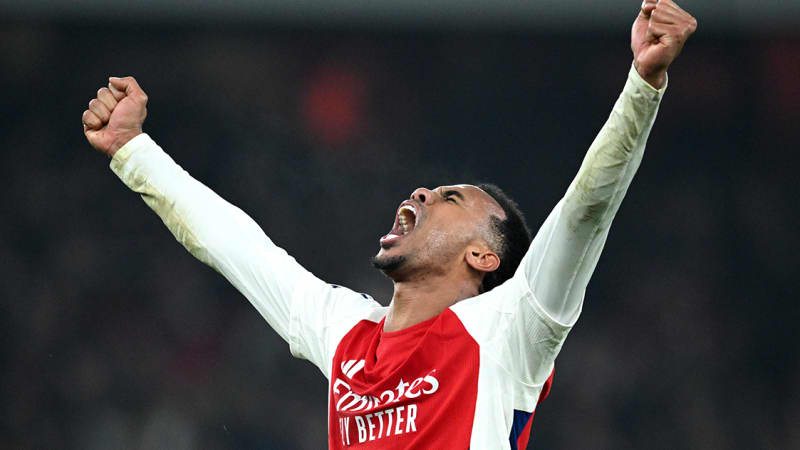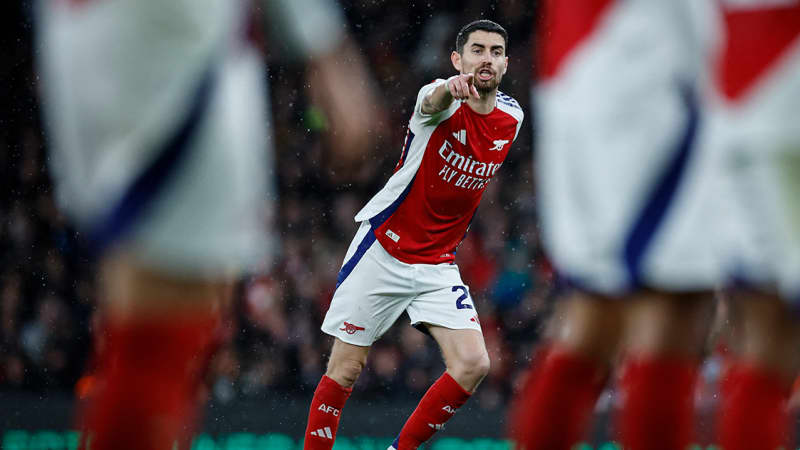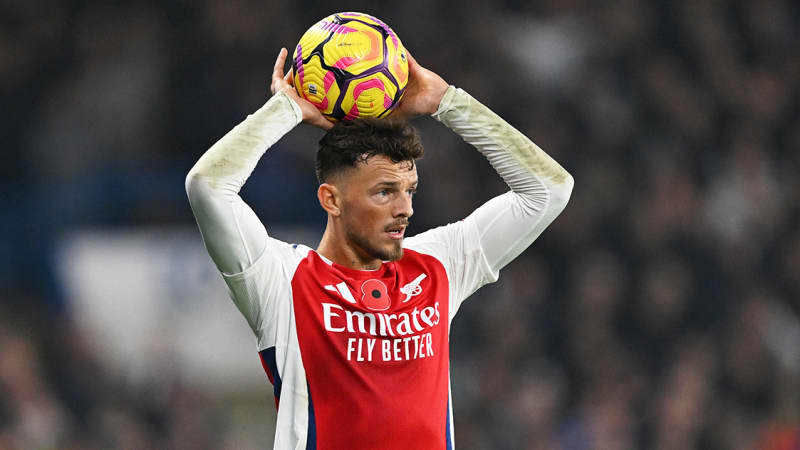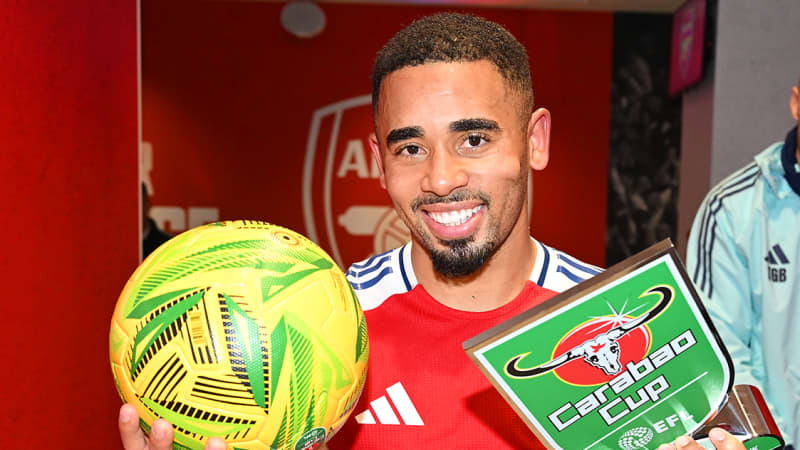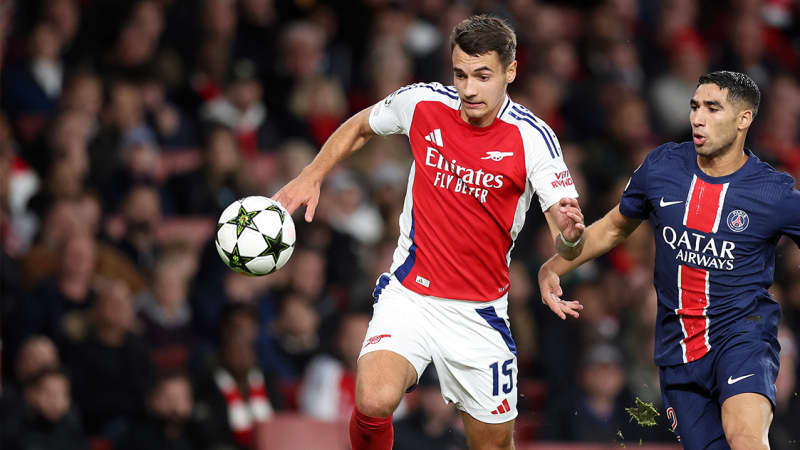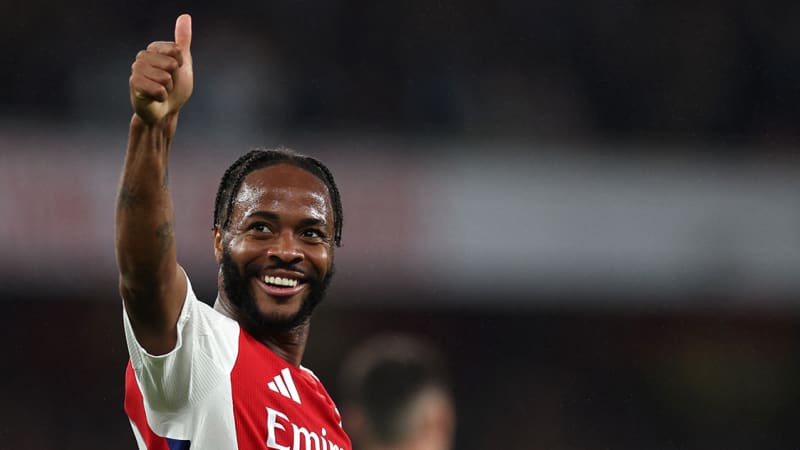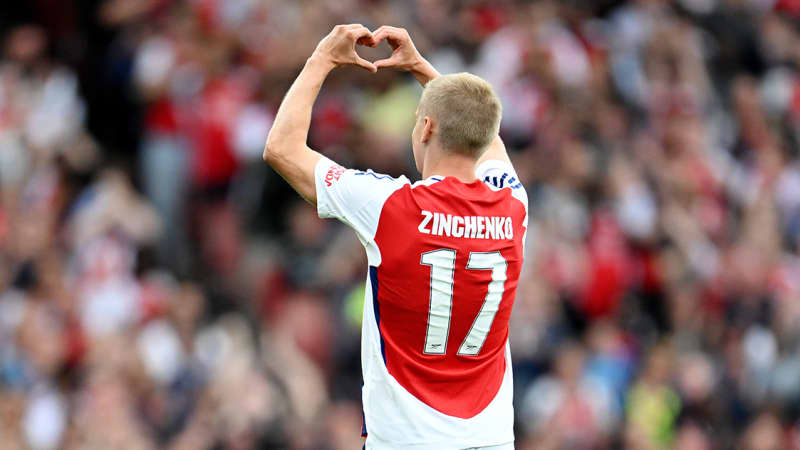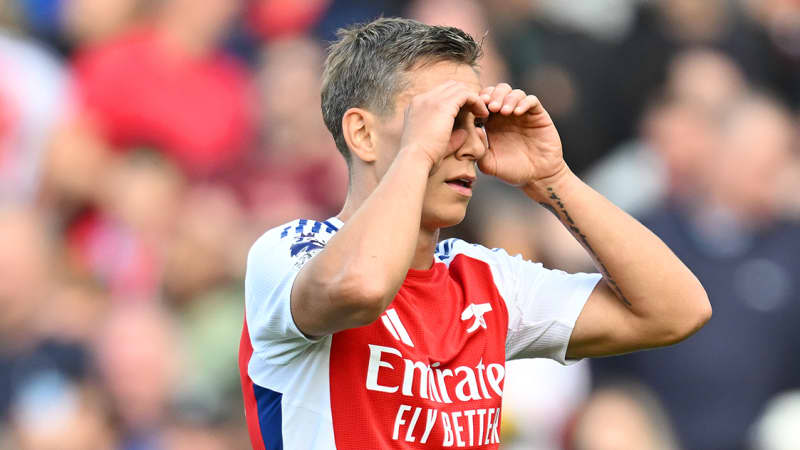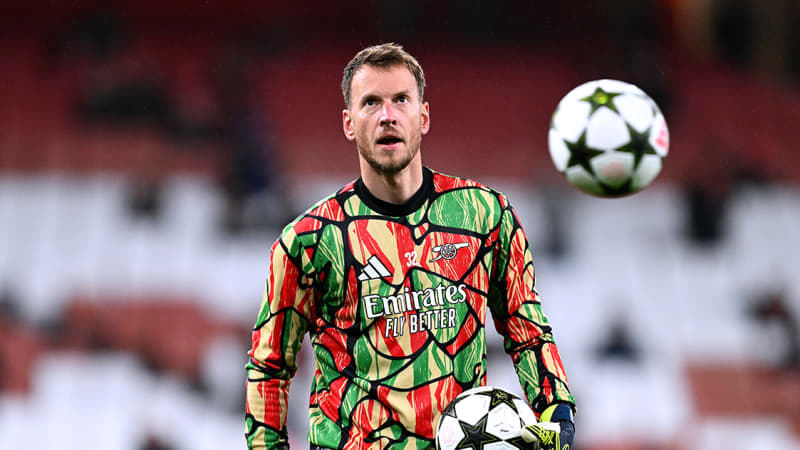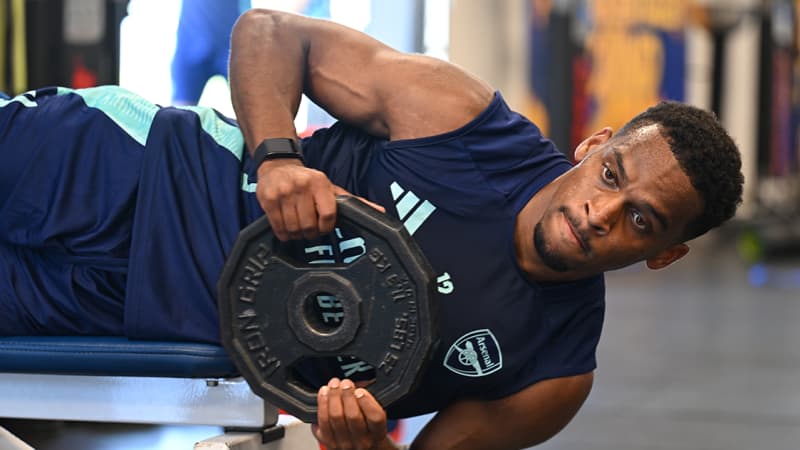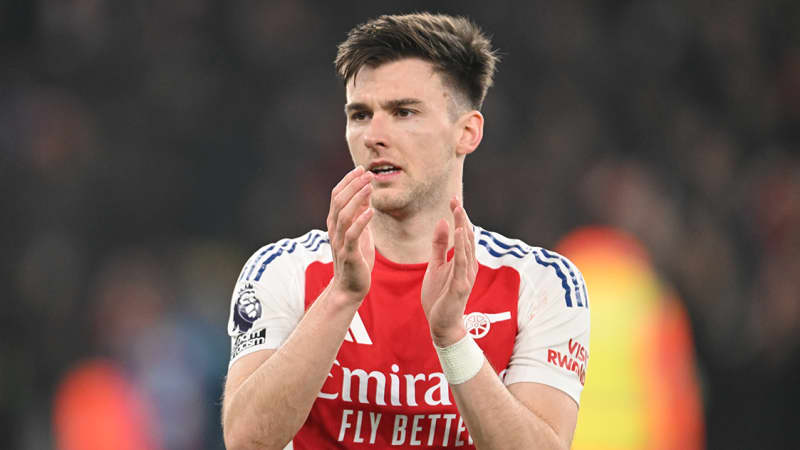Havertz's history: HOW Kai became the guy in n5
Kai Havertz reflects on his footsteps through the game, and why garden gnomes and Premier League goalkeepers have more in common than you think
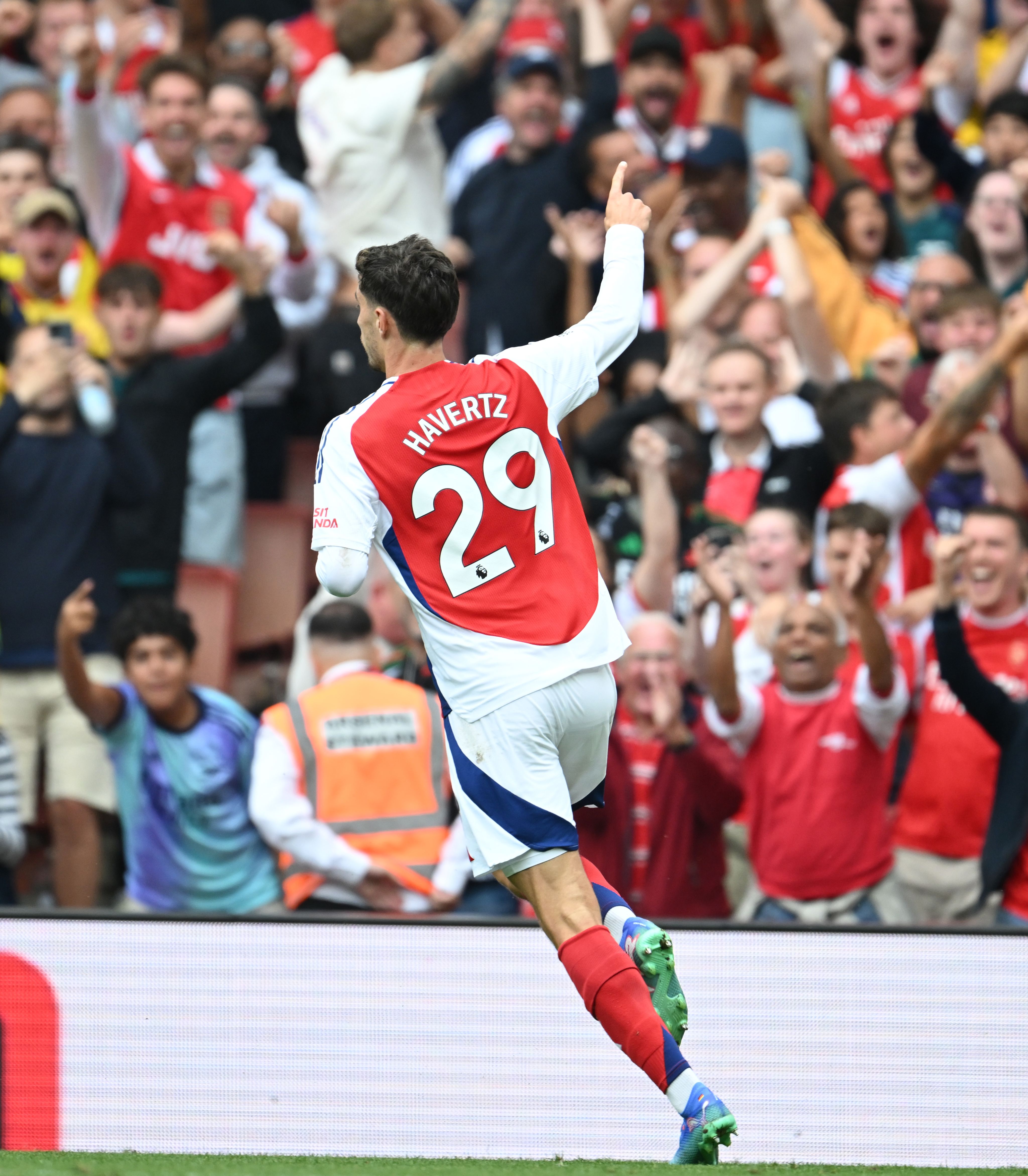

Kai Havertz is still only 25, but our German forward has crammed a lot into his relatively short career to date.
He already has more than 50 caps for his national team, and has won honours in two different countries, as well as scoring the winning goal in a Champions League final. But he believes that the game is developing and evolving at a faster rate than he has ever known before. Since joining us he says he has thought about football in ways he never did previously, and that he continues to learn every single day.
It's all a far cry from his very first steps into football, when he used garden ornaments for target practice. “My earliest memory of playing football is I think with my grandpa, playing in the garden,” he begins.
“He was kind of like a coach to me because he was the one who brought me to football. So I was always playing with him in the garden. Then I joined the local team after that and it was nice to play with my friends there and have fun. I don’t remember a lot about it, but I had fun doing it.
“My grandpa died when I was six, so I don't have a lot of memories of him, but I know he was always an absolute football fanatic and very chilled, always with a smile on his face. There was never any pressure, it was always just for fun.
“In my garden we had a lot of those little statues with the funny hats, what are they called? Garden gnomes, that’s it! We would put them up on the wall so I could practice shooting them down. That was the game I played, again and again and again. It was the first time I ever did shooting practice I suppose.”
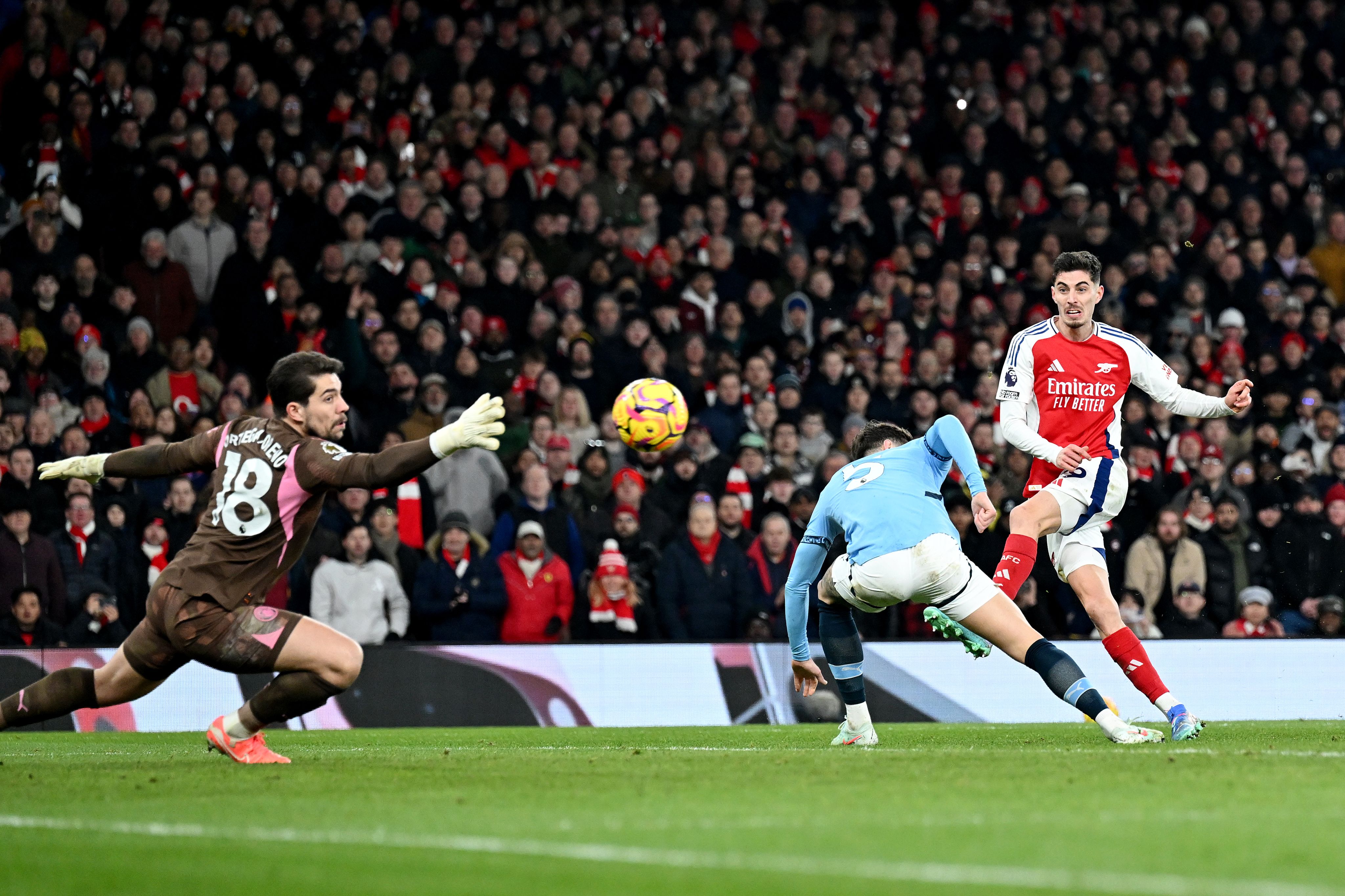
Born in the German spa town of Aachen – right on the border with the Netherlands and Belgium – Kai grew up playing football with his older brother, one of his earliest football influences.
“For me, I loved Samuel Eto'o, Ronaldinho, Thierry Henry, and then when Messi started to become good and Ronaldo, those guys. But for sure my main influences were my parents mainly, but also my brother and my sister.
“My brother played football as well, and I used to play with him every day in the garden. He's seven years older than me, and he always took me with his friends, let me play with his friends as well. I was the smallest one in the group, but he always allowed me to play with him.”
His early grounding in the sport led to Kai joining the academy at Bundesliga side Bayer Leverkusen, 100km to the east of his childhood home, where the problem was not how small he was, but how he dealt with growing taller. As he explains: “A big leap for me was when I was about 10 or 11, when I joined Leverkusen. That was the point where I knew I had the talent and that I can play with them and stuff like that.
“But then after that I grew a lot very quickly, so I had a lot of injuries. I had problems with my knees which meant I couldn't play that well. So for two or three years, I wasn't that good, I was on the bench a lot. Then when that was fine and got sorted out, it began to get better again.
“When I was about 10 I was always one of the smallest, but then when I reached about 14 I suddenly started to go up and up and up! It was like magic. My body was just not ready. I had the thoughts in my mind about what I wanted to do with my legs and feet, but it didn't work. It took me one or two years to develop and get better but it was a big change for me.”
"When I was about 10 I was always one of the smallest, but then when I reached about 14 I suddenly started to go up and up and up! It was like magic"
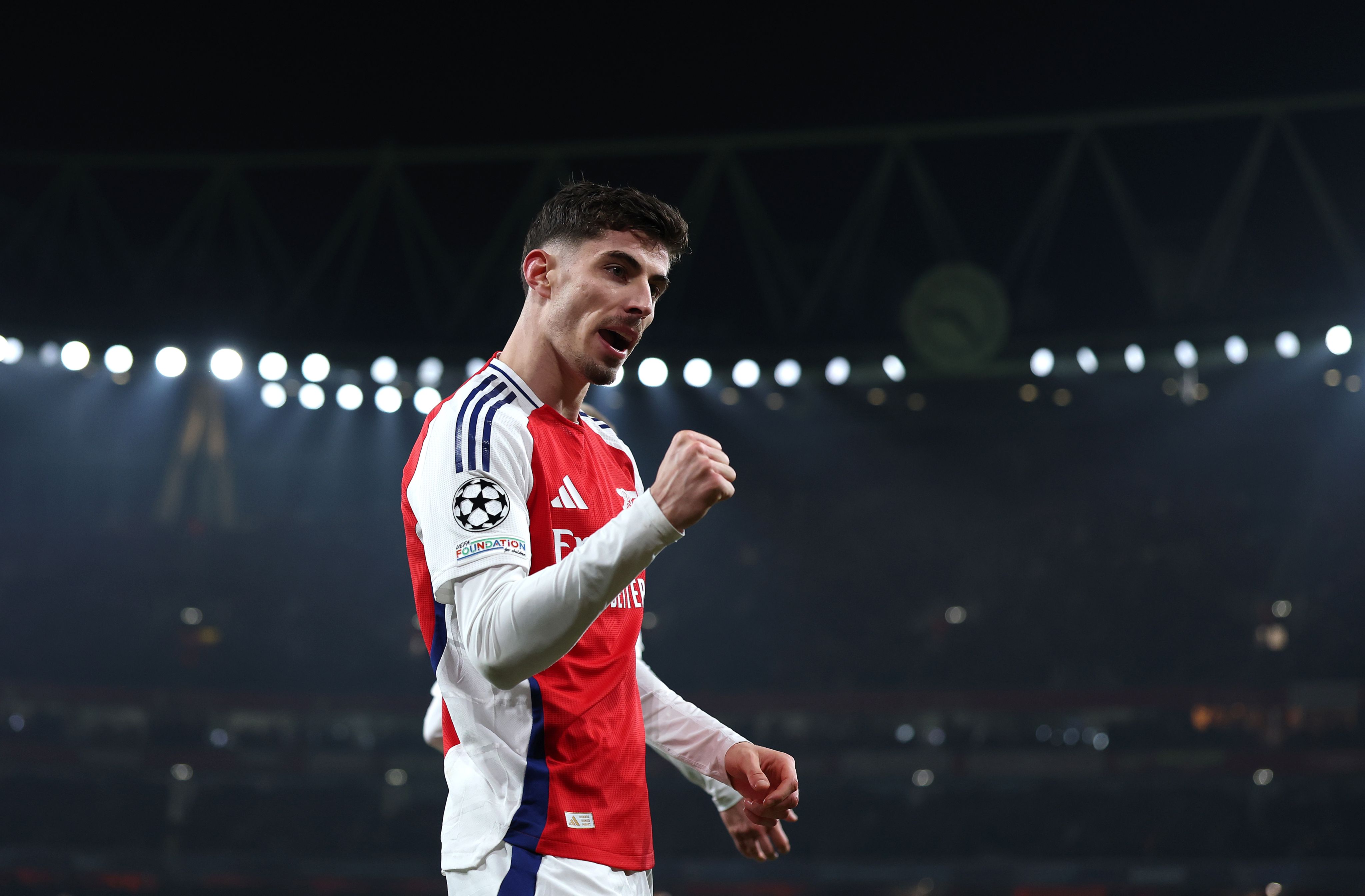

He says his favourite training drills as a kid were all possession-based. “Yes, and the small-sided games and the more fun things,” he adds. “Also when you have the indoor tournaments with a team, four against four, that kind of stuff, I loved that.” His favourite drill now is shooting practice, but he says that’s not the only change from 10 years ago when he was starting out.
“In the beginning, it was obviously more about having fun,” he explains. “Now it's a lot more to do with your head because you have to think a lot on the pitch. I think football in general has developed quite a lot in that way, even in the last year. There's a lot of tactics and stuff like that now, but when I was young, it was more about freedom and just enjoying to play.
“For me, the big change was when I came to England. In general the football from Germany is just different. But even from when I first came to the Premier League to now, it's a lot more intense and more tactical. Every team can play football really well now.”
There’s no doubt that Kai has flourished in English football over the past couple of years though. He managed 20 goal involvements from 30 Premier League starts last season and had racked up nine goals and three assists in the league this season before sustaining a hamstring injury during our training camp to Dubai in January.
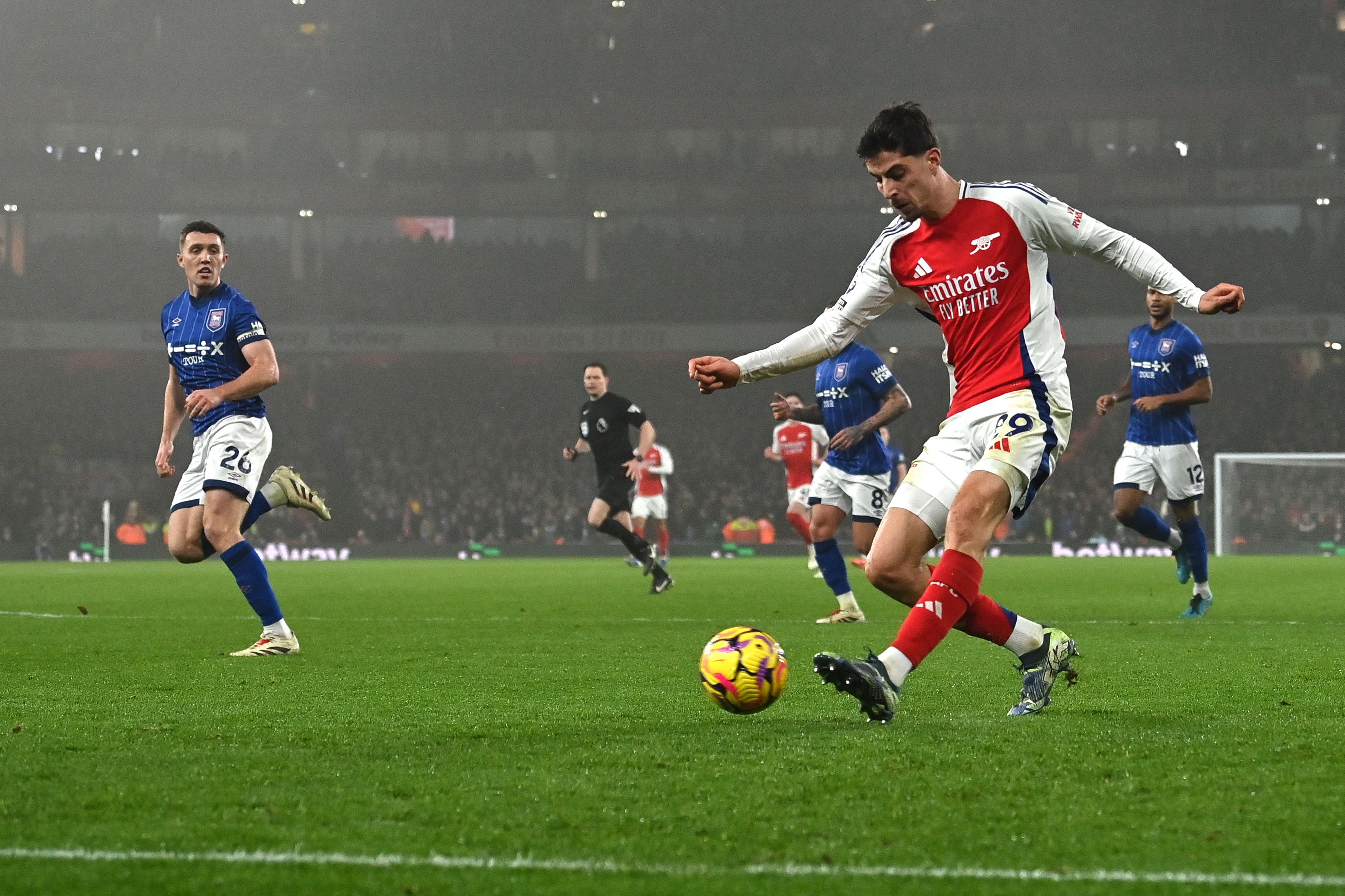
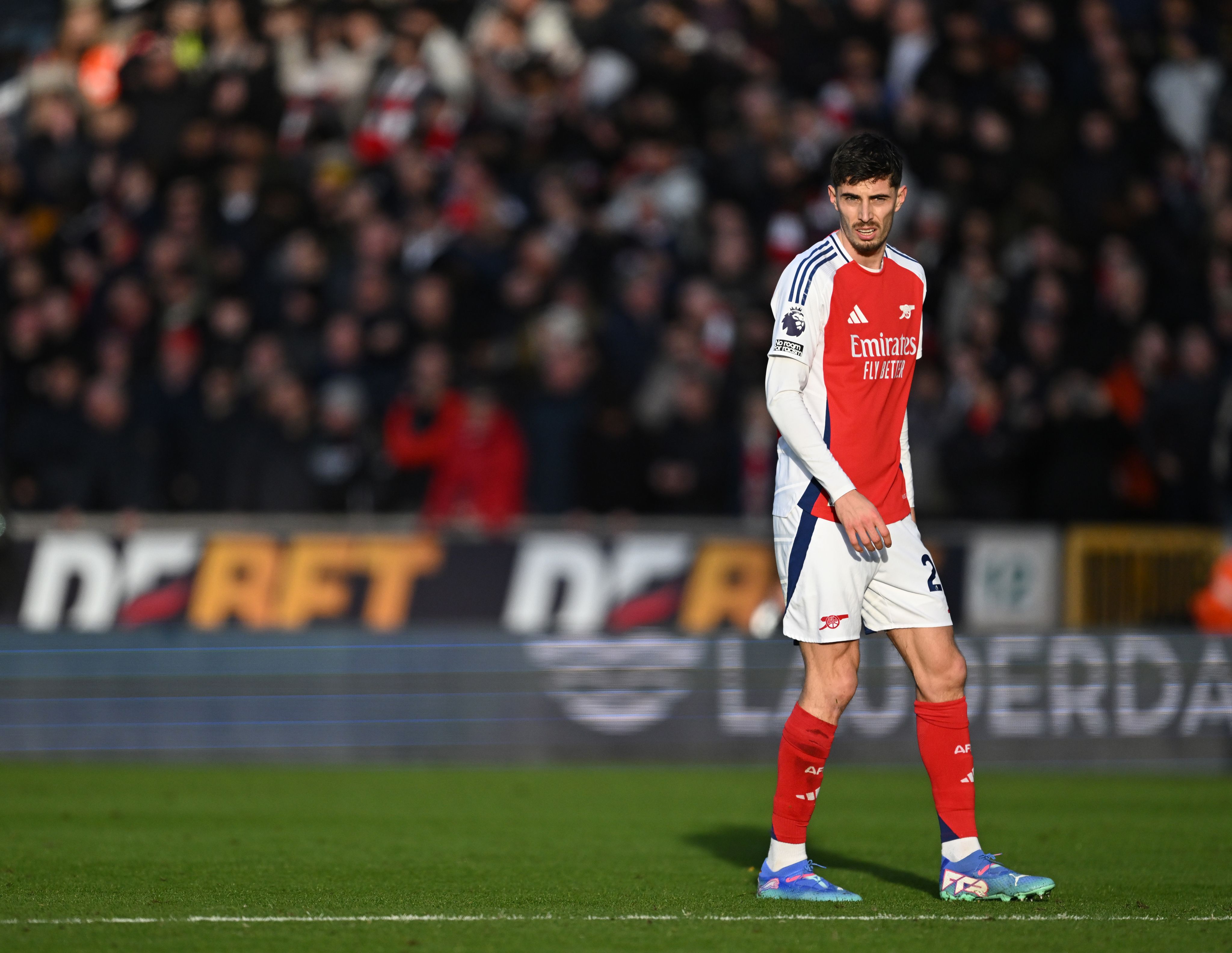
Our No. 29 is quick to credit Mikel Arteta for his form since joining us in summer 2023.
"He’s shown me a different side of football that I didn't know before,” he says. “So, football-wise, he's probably the most influential coach I've had. Then one of the managers I had in Germany, Peter Bosz at Leverkusen, also played a big part in my career. Because I was very young, 18 or 19 when he came, but he always counted on me and let me play. He was really good for me as well.
“But for Mikel, it’s just everything about him – tactics-wise, the details... I’d never thought about the things he’s told us over the past one and a half years. I'd never thought about that before. But it’s everything, not just tactics, but the mental things as well. Everything is linked together. That's what he does.”
So has working with Mikel given Kai a newfound appreciation for coaching? “For sure. For us players it's just fun to work because you learn something new every day.
“But also I know the job of being a manager is very stressful. I think it's very hard, it’s harder than being a player.
"He works 24/7 and his brain never switches off. I don't know if I could do that, to be honest. Maybe I could do that for kids or whatever, but not for professional players. I haven’t done any coaching qualifications myself, I don’t have the time for that, but maybe in a couple of years I will.
“If I did, my philosophy would be to enjoy it. That's my philosophy. Enjoy the game, have fun for the game. Enjoy every moment, even the bad times because they help you grow as well.”
"He’s shown me a different side of football that I didn't know before. football-wise, he's probably the most influential coach I've had"
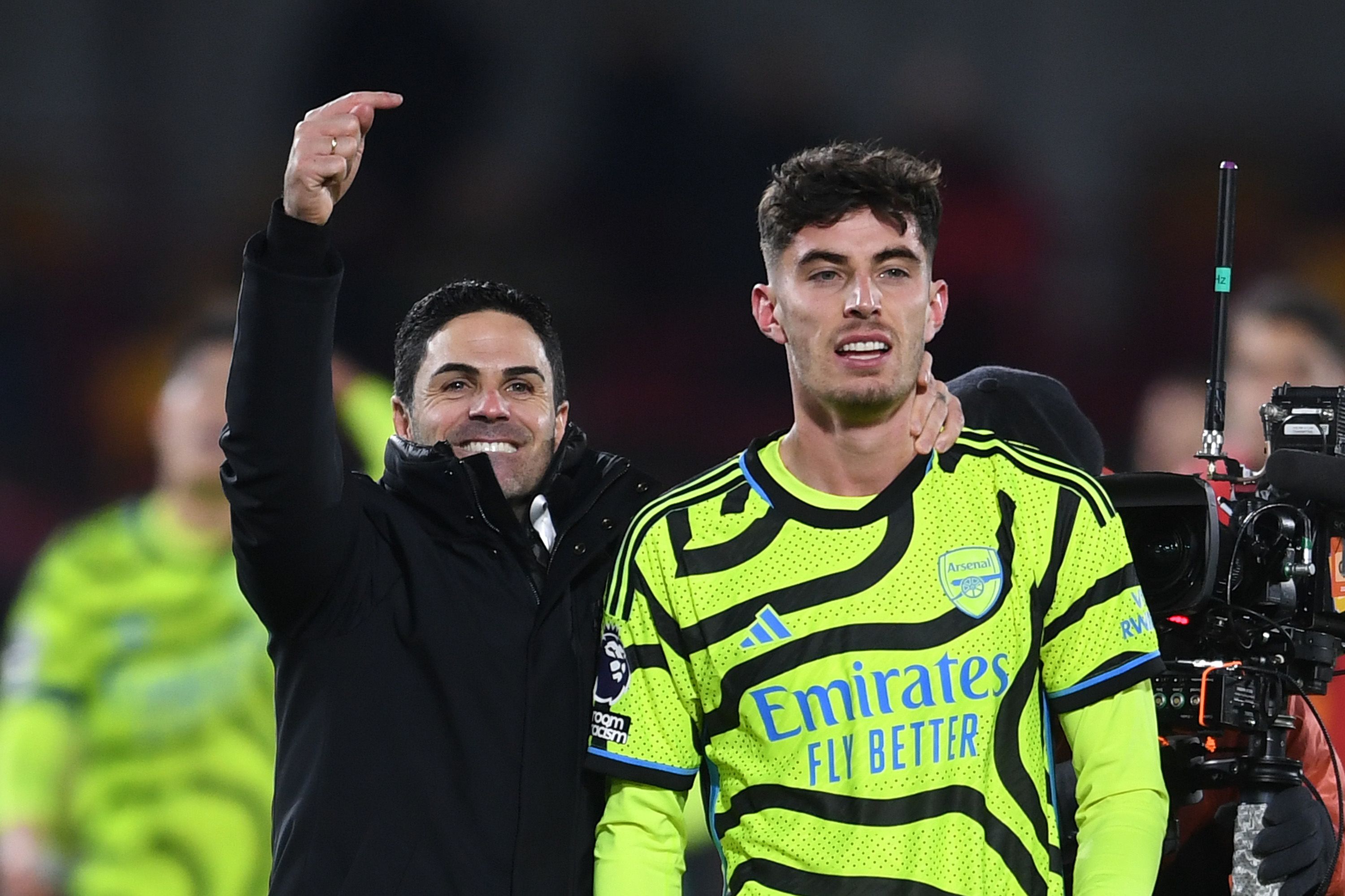

As a more senior member of the squad, Kai is keen to pass that message onto the younger players as well. He’s been there and done it, when it comes to being thrust into the limelight at a young age.
He was just 17 when he made his debut for Leverkusen – becoming the Bundesliga’s youngest-ever player at the time. He was still 17 when he played in the Champions League for the first time too, and set a German record by playing 50 league matches before turning 19. So what did Kai learn back then – when he was still at school – that has helped him in his career ever since?
“I think for me the most important thing was to learn manners. To know how to behave, how to show respect to different people. Everyone has the same value whether you're a football player or whatever you are.
"That helps you because when you play for a big team, you have 100 people around you, and you have to directly hop into it and make friends and stuff like that. That's important because you want to enjoy your time with them as well, not only on the pitch, also off the pitch. So you need that social and life skills as well.
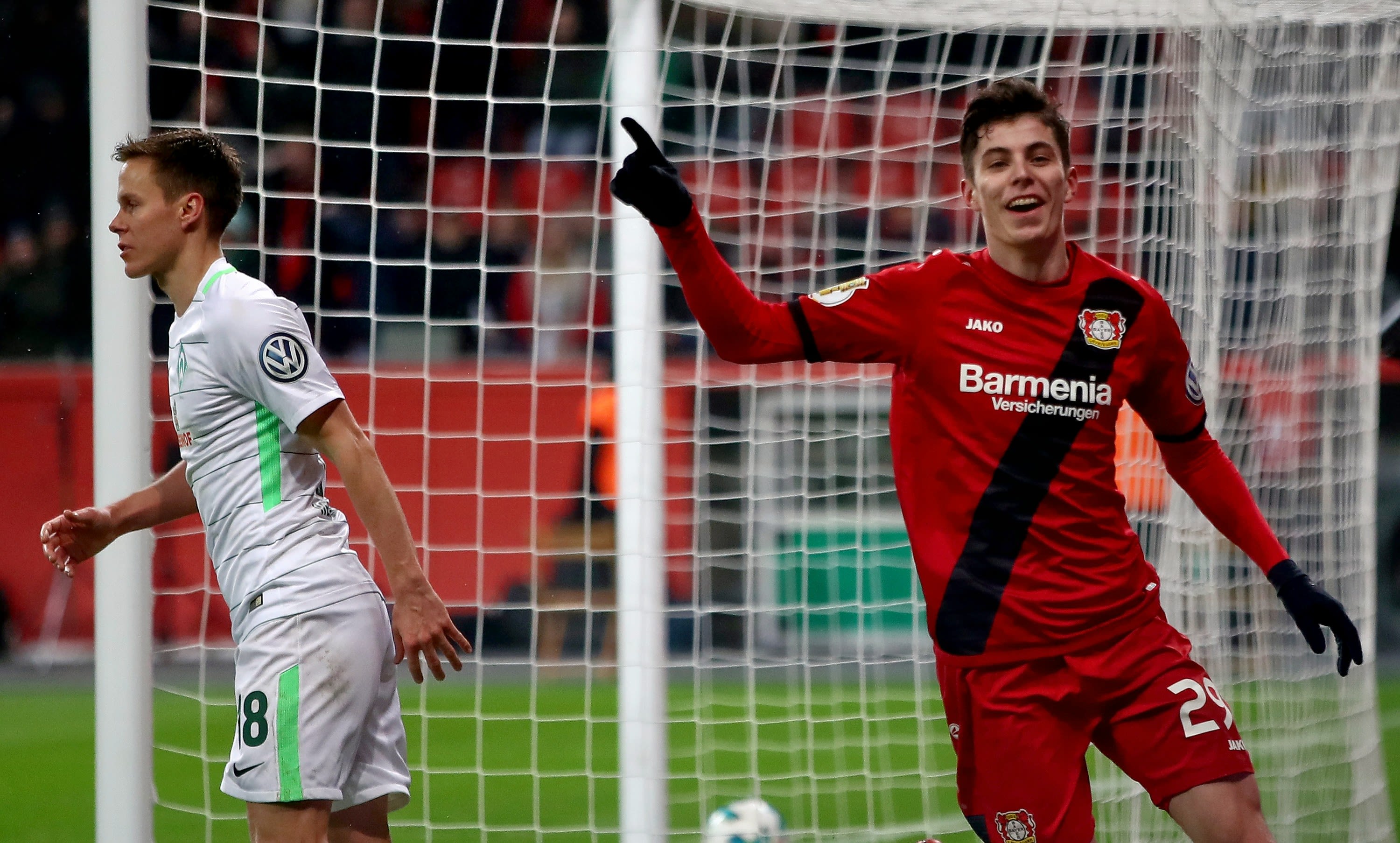
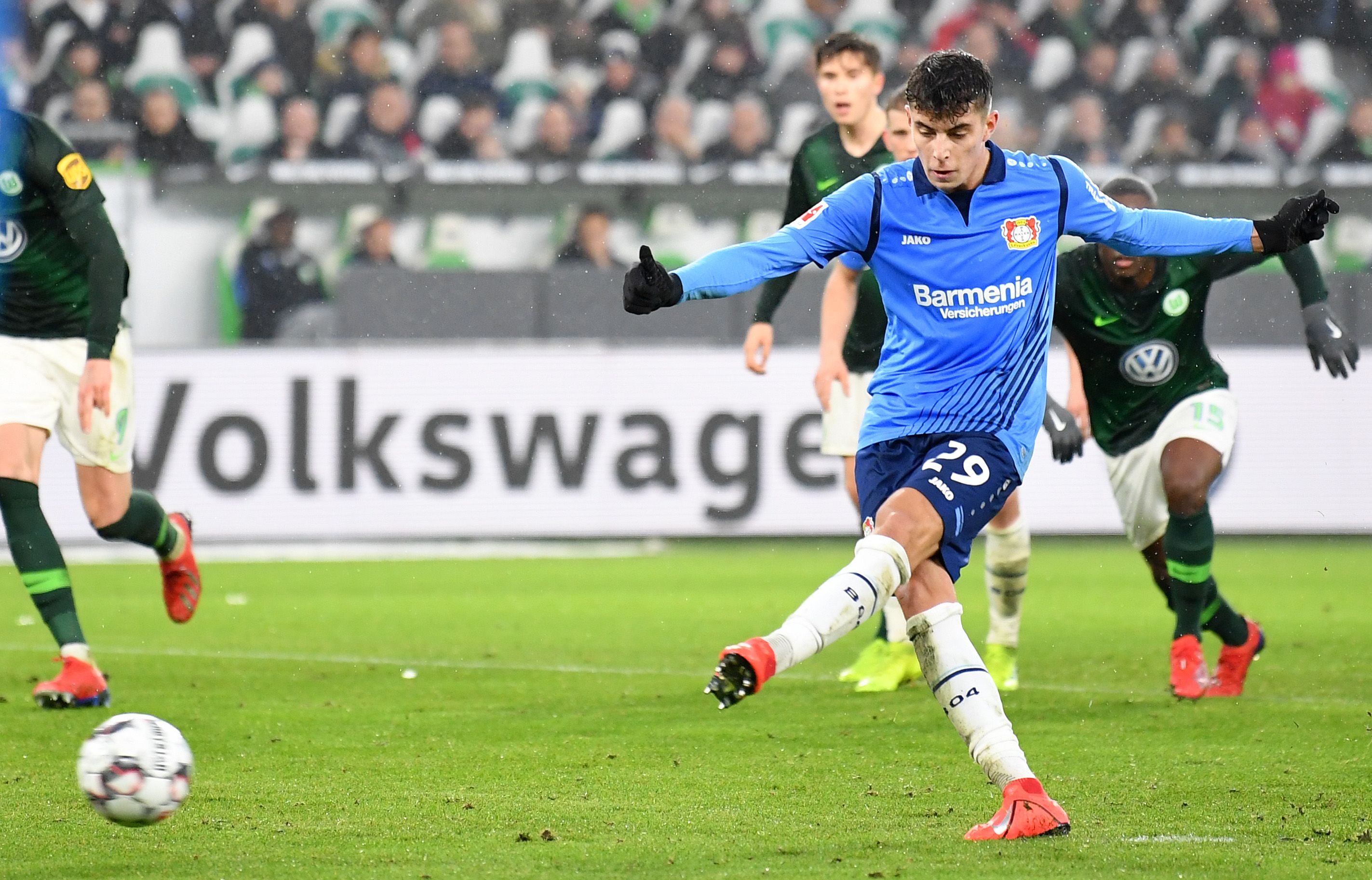
"At school I learned always to stay grounded. It doesn't matter how much success you have. When I became professional, I think it's normal that you feel nice, you feel good.
"When I was 17, I thought ‘I am the best’ and this and that. But then you have a couple of bad years and life hits you! It's just football. Everyone can say you are the best team in the world when you win, then three days later you lose and everyone says you are rubbish. It's just part of the game.”
So is there anything that he knows now that he wishes he’d learned earlier in his career?
“Yes, that football isn't the most important thing in life,” he states. “It's still one of the most important things for me, but now I have a family. It changes your life completely. You know what's really important in life. It’s not what people think about you. It’s that you have your circle around you and you're always faithful to them.
"That's all you need. In turn that helps your performance as well – you have to switch off. Every three days we play, but you come home and we have a family life as well.”
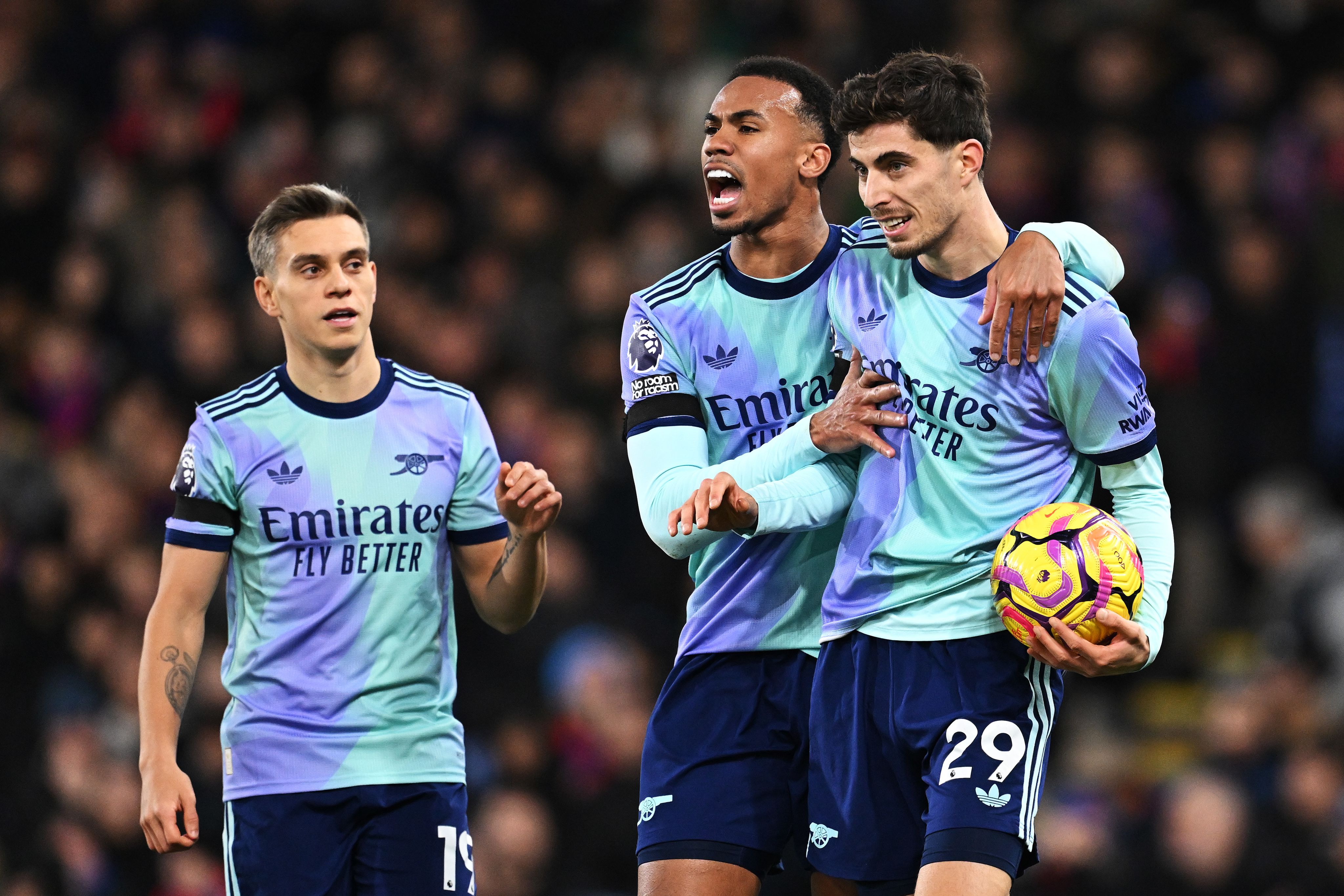
More from our dressing room










